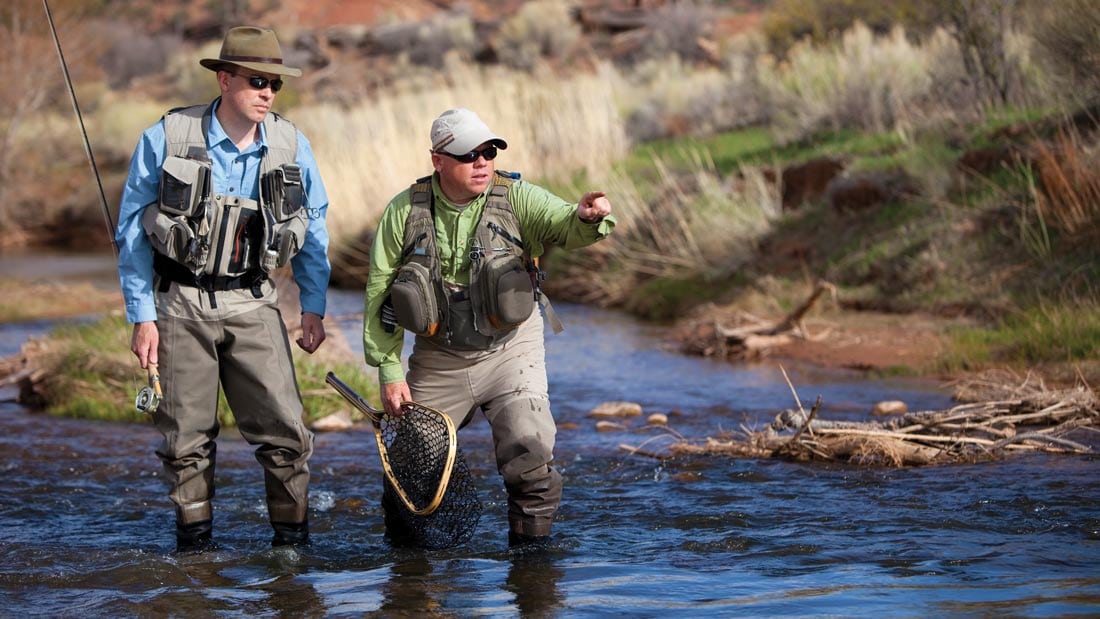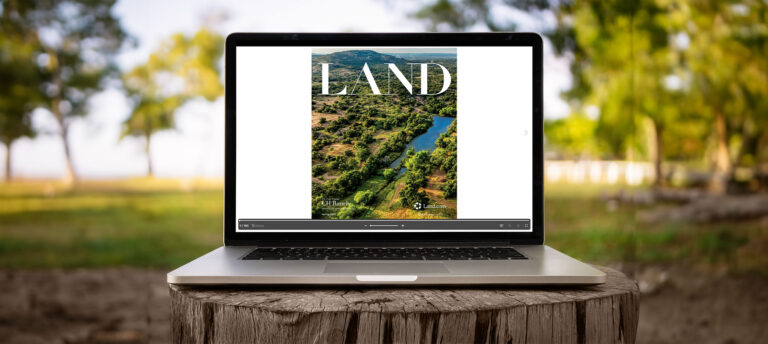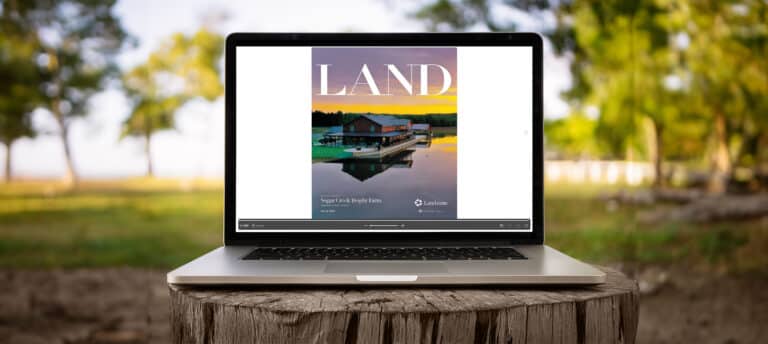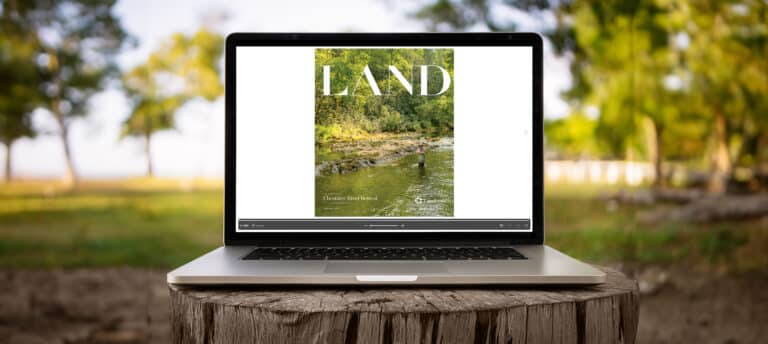
There are few industries that offer as much of an opportunity to profoundly impact client satisfaction through basic customer service strategies as what you find in wildlife-based recreational enterprises.
These types of businesses are often characterized by an intimate interface between staff and clients, where staff assumes many important roles including guardian, counselor, instructor, friend, confidant, guide, nature interpreter, provider of food and nourishment, administer of first aid, among other things. Hunting, fishing, and wildlife-watching trips that are multi-day programs are especially unique in that you have a relatively protracted interaction with the client, which provides an excellent platform for the proprietor’s staff to convert this opportunity into a high level of client satisfaction and client retention.
Successful businesses generally develop certain business cultures that are reflective of who they are, what they do, and how they do it. Such businesses cultures are typically a product of best management practices (BMPs) that are reasonably replicable, many of which are often tied to customer service strategies.
Have your own wildlife business-related question? Ask Greg here!
Applicable to wildlife-based recreational businesses, here are my top ten tips for building a customer-service platform to help you succeed:
#1 People
If you do not have the right people (staff support) on the bus, the business will not perform at it’s highest capacity, plain and simple.
#2 Safety first
Business practices that involve hunting, fishing, hiking, and similar activities, provide huge opportunities for liability exposure. Risk management training should always be embedded in the business culture of these industries, as there are many potential perils that exist in these business environs, some which could cost a person their life.
#3 Marching in step
If you take note when staying at a nice resort, you’ll likely find that the assembly of staff are performing tasks with effortless coordination; this does not happen by accident. Make sure that all staffers are provided the appropriate training and necessary tools that they need to function together as a team, creating efficiencies and synergies that ensure great performance.
#4 Attitude is everything
I often remind our staff, “The most important thing that you can do where you work is the expression on your face.” A friendly, ‘can-do’ disposition is the royal flush in the game of customer service.
#5 Pleasure vs. recreation
In the outdoor recreation business, it is important that staff enjoy their work, as this projects in a positive way to the client, but it’s paramount that the staff know where to draw the line between enjoying their work versus having a recreational experience themselves during work hours. So, have fun, but always maintain a professional mindset.
#6 Teachable moments
The outdoor world is an open book for learning. Hunting, fishing, and outdoor guides are in a unique position to help interpret features of the landscape that may be foreign to those who are new to the out-of-doors and these revelations can provide an added entertainment feature to the client’s overall experience. Guides are also in a great position to bring visibility onto other important societal cornerstones, such as the importance of natural resource conservation; respect for the land and landowners; spiritual and emotional significance of wild things and wild places; the virtues of relying on and utilizing God-given senses, such as sight, sound, smell, touch, self-awareness, self-confidence, and intuition; and the importance of wise-use of our wildlife resources, among many other platforms for outdoor education.
#7 Stay in touch
Customer service strategy always involves good communication, not just during the hunting or fishing excursion, but before and after the event, as well. Prep packets, booking agreements, newsletters, “thank you” cards, birthday cards, and occasional impromptu phone calls are all good tools of the trade that allow communication to be a bridge for success.

#8 Appetite for success
Food and food service in these industries should not simply be an act of providing a meal, but this part of the service-package should be viewed as a huge opportunity to provide a delightfully positive experience. Do not cut too many corners when it comes to the culinary side of the service package. Gourmet food is nice, but tastiness, presentation, and portions are often more vital. A simple sack lunch in the field can be a big hit if the setting is stunning, the food is fresh, and there is some focus on little things, such as a slice of pie, or a thermos with hot coffee or tea. Go the extra step, whether in the kitchen or beneath a big live oak.
#9 Know your customer
Ideally, the staff should already have some personal information on each client before they arrive, when possible. The chef having a heads-up on special dietary needs; the guides already knowing if certain clients have heart conditions or specific physical limitations; as well as staff anticipating age and gender composition of the group, will all provide helpful knowledge so that the staff may be best prepared to service the unique needs of the clients.
#10 Staff empowerment
If you have the right staff on the bus, and if they have been properly trained, then stay out of their way and let them do their job. Place confidence in your people and let them know of your faith and trust in their abilities. Proprietors in these industries are well-advised to focus on bigger picture affairs, while relying on guides, cooks, wranglers, and interpreters to shoulder the tasks that take place in camp, at the lodge, or in the field.
And the bonus point; remember the client’s name from the get-go. A person’s most prized position is their name, so remember it and address them by it. It’s often the little things that make a big difference in customer service strategies.
Have your own wildlife business-related question? Ask Greg here!



